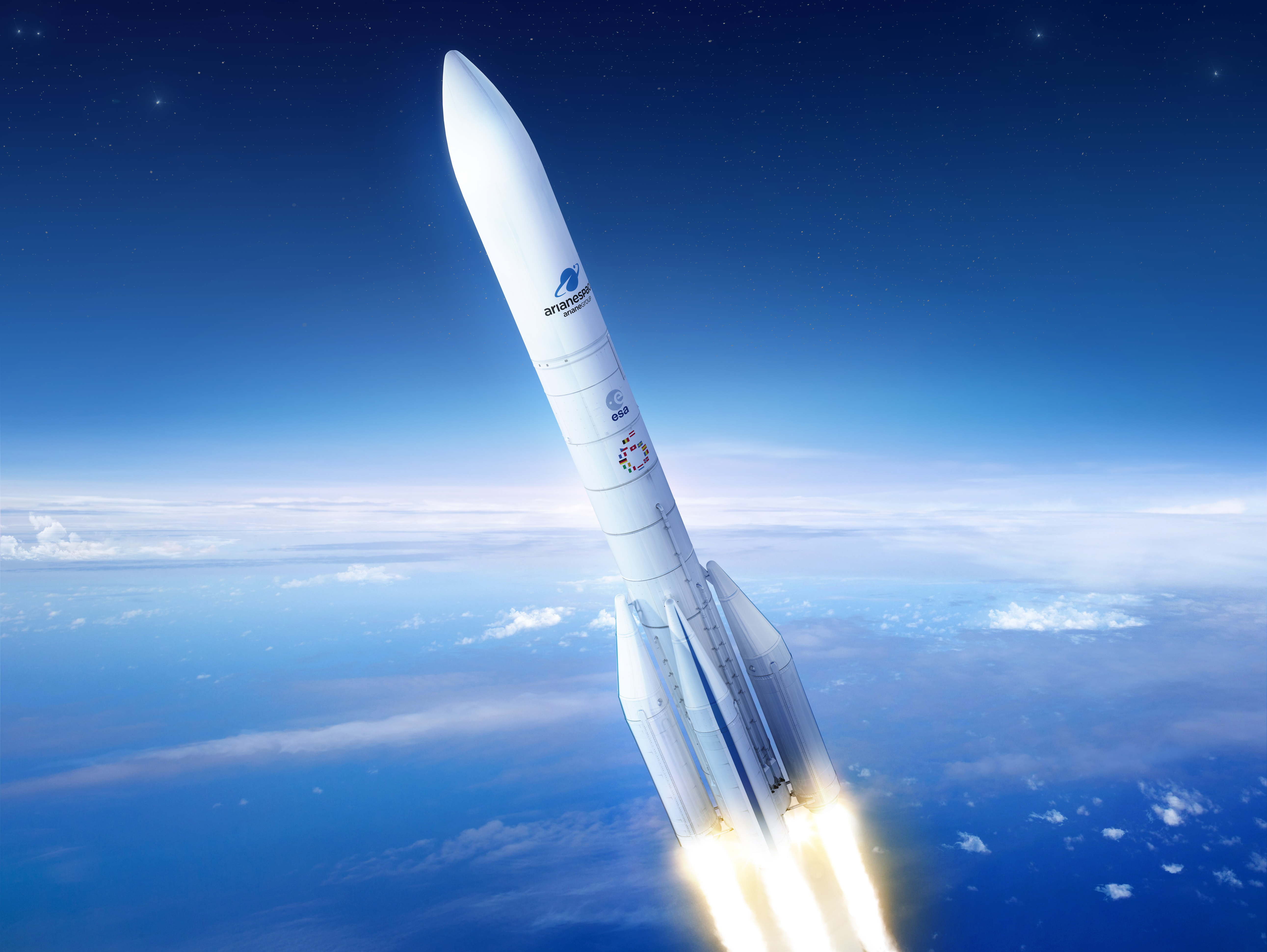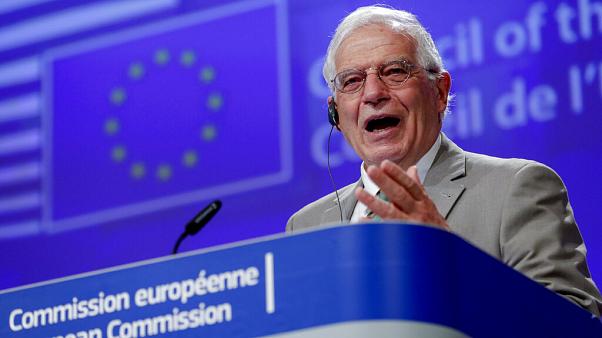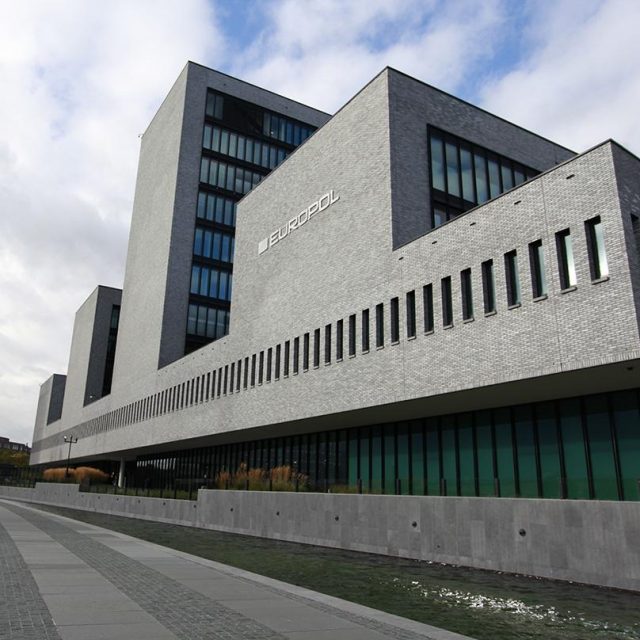All of the headlines in the tabloids are being grabbed by Richard Branson’s Virgin Group, and his test flight last weekend. But in the meanwhile without any media hype the ArianeGroup is quietly and systematically laying the foundation stones for the next steps in the development of a robust policy for Europe in space powered by European technology at its finest.
The first flight of Ariane 6 will take place in the second quarter of 2022, and the European Space Agency has just appointed ArianeGroup as the prime contractor for the ‘ASTRIS’ project: an optional stage that will further increase the versatility of Ariane 6 and enhance performance for new types of missions.
This additional “kick-stage” will enable Arianespace, operator of the new European launcher, to place with even greater efficiency a larger number of payloads in different orbits, and to inject satellites into geostationary orbit, thus responding with increased competitivity to the needs of the market.
This ASTRIS stage will be integrated at ArianeGroup’s Bremen site, the European centre of excellence for upper stages, in close collaboration with its Ottobrunn (engines) and Lampoldshausen (propellant pipes and valves) sites. It will be powered by an innovative engine called BERTA (Bi-Ergoler RaumtransporTAntrieb), based on technologies developed as part of ESA’s Future Launchers Preparatory Program (FLPP)
As highlighted by the experts, this type of engine can be reliably reignited several times, making it particularly suitable for extended missions or for transport to different orbits. It is also worth noting that it will contribute to enhanced performance for certain Ariane 6 missions, including those to the Moon or deep space, as it will make for reduction in spacecraft complexity and the risks inherent in orbit injection.
As for the rest of Ariane 6, the development of this kick-stage will bring together a number of European SMEs and start-ups, including Berlin-based PTS for the electronic system, RST in Rostock for the mechanical ground support equipment, electrical harnesses and part of the electrical ground support equipment, and the Austrian company FACC for the primary structure.
The first Ariane 6 mission equipped with the ASTRIS kick-stage is scheduled for 2024.




